Code
HCS24599
Weight
300 gm / 0.66 lbs
Size
Height
10cm (4") Width
6cm (2") Depth
3cm (1") Material
Coper
Availability
Available
Date Added
2021-12-24 06:24:08
Note : We used to sell this product 4 years ago so it may no longer be in our stock.
It is possible that we still have it with our suppliers but the price could be different from before.
Feel free to order. We will verify availability and inform you promptly.
It is possible that we still have it with our suppliers but the price could be different from before.
Feel free to order. We will verify availability and inform you promptly.

Safe Payment
We accept Paypal, Money Transfer, Bank Transfer
Confidence
Protection covers your purchase and personal data.
Worldwide Delivery
We ship Worldwide, except Russia.Shipping cost US$25.2 for upto 0.5 kgs

Hotline
Talk to help line for your question on 9841267335Gold Painted Face
The face of Buddhist Miniature Statue Of Ratnasambhava Buddha, [full Gold Plated] is painted with gold to enhance its significant features, particularly the eyes, and lips. This detailed painting is essential as it brings forth the crucial attributes of the expression of eyes and lips that metal carving alone cannot capture.
Moreover, the painted face serves as a symbolic and sacred ritual in Buddhism, preparing the statue for consecration and practice. The act of painting the face with gold in Buddhism holds deep meaning. It represents the intention to bring life and expression to the statue, imbuing it with a sense of vitality and presence. The application of gold on the face showcases the devotion and craftsmanship of the artisans, ensuring that every detail is carefully attended to honor the sacred essence of the Buddhist Miniature Statue Of Ratnasambhava Buddha, [full Gold Plated]. Read More . . .
The face of Buddhist Miniature Statue Of Ratnasambhava Buddha, [full Gold Plated] is painted with gold to enhance its significant features, particularly the eyes, and lips. This detailed painting is essential as it brings forth the crucial attributes of the expression of eyes and lips that metal carving alone cannot capture.
Moreover, the painted face serves as a symbolic and sacred ritual in Buddhism, preparing the statue for consecration and practice. The act of painting the face with gold in Buddhism holds deep meaning. It represents the intention to bring life and expression to the statue, imbuing it with a sense of vitality and presence. The application of gold on the face showcases the devotion and craftsmanship of the artisans, ensuring that every detail is carefully attended to honor the sacred essence of the Buddhist Miniature Statue Of Ratnasambhava Buddha, [full Gold Plated]. Read More . . .
About Elector Gold Plating
The Buddhist Miniature Statue Of Ratnasambhava Buddha, [full Gold Plated] has been crafted using the ceramic mold casting process, a modern approach that provides an alternative to traditional methods such as the lost-wax system or rubber molding. Also referred to as ceramic molding, this technique involves the creation of a ceramic mold to cast the statue. The process begins by making a precise and detailed wax model of the desired sculpture. The wax model is then coated with layers of ceramic material, creating a sturdy mold. Once the mold is complete, it is fired in a kiln, causing the wax to melt and escape, leaving behind a cavity that perfectly replicates the original sculpture. Molten metal is then poured into the mold, allowing it to fill the cavity and take on the desired form. Once cooled and solidified, the ceramic mold is carefully broken away, revealing the final metal statue. Read More . . .
The Buddhist Miniature Statue Of Ratnasambhava Buddha, [full Gold Plated] has been crafted using the ceramic mold casting process, a modern approach that provides an alternative to traditional methods such as the lost-wax system or rubber molding. Also referred to as ceramic molding, this technique involves the creation of a ceramic mold to cast the statue. The process begins by making a precise and detailed wax model of the desired sculpture. The wax model is then coated with layers of ceramic material, creating a sturdy mold. Once the mold is complete, it is fired in a kiln, causing the wax to melt and escape, leaving behind a cavity that perfectly replicates the original sculpture. Molten metal is then poured into the mold, allowing it to fill the cavity and take on the desired form. Once cooled and solidified, the ceramic mold is carefully broken away, revealing the final metal statue. Read More . . .
Ceramic Molding System
The Buddhist Miniature Statue Of Ratnasambhava Buddha, [full Gold Plated] has been crafted using the Ceramic mold casting process, a modern approach that provides an alternative to traditional methods such as the lost-wax system or rubber molding. Also referred to as ceramic molding, this technique involves the creation of a ceramic mold to cast the statue. The process begins by making a precise and detailed wax model of the desired sculpture. The wax model is then coated with layers of ceramic material, creating a sturdy mold. Once the mold is complete, it is fired in a kiln, causing the wax to melt and escape, leaving behind a cavity that perfectly replicates the original sculpture. Molten metal is then poured into the mold, allowing it to fill the cavity and take on the desired form. Once cooled and solidified, the ceramic mold is carefully broken away, revealing the final metal statue. Read More . . .
The Buddhist Miniature Statue Of Ratnasambhava Buddha, [full Gold Plated] has been crafted using the Ceramic mold casting process, a modern approach that provides an alternative to traditional methods such as the lost-wax system or rubber molding. Also referred to as ceramic molding, this technique involves the creation of a ceramic mold to cast the statue. The process begins by making a precise and detailed wax model of the desired sculpture. The wax model is then coated with layers of ceramic material, creating a sturdy mold. Once the mold is complete, it is fired in a kiln, causing the wax to melt and escape, leaving behind a cavity that perfectly replicates the original sculpture. Molten metal is then poured into the mold, allowing it to fill the cavity and take on the desired form. Once cooled and solidified, the ceramic mold is carefully broken away, revealing the final metal statue. Read More . . .
Brief Description :
He is one of five Tathagatas symbolizing the wisdom of equality (skt. Samatajnana). According to the commentary of Namasangiti, the author Ravisri says;
âAll the phenomena are devoid of essence, lacks true inherent existence and hence is dreamlike or illusion or is emptyâ.
Thus the knowledge of senselessness of persons and the phenomena is the wisdom of equality: Buddha Ratnasambhava is the personification of this wisdom in Vajrayana Buddhism.
In the extant literature, he has rarely described his vows, aspirations, and activity. He is usually called the Buddha born from a jewel. a Sambhava Buddhaâs body, oneâs desire would be fulfilled.
Iconography :âAll the phenomena are devoid of essence, lacks true inherent existence and hence is dreamlike or illusion or is emptyâ.
Thus the knowledge of senselessness of persons and the phenomena is the wisdom of equality: Buddha Ratnasambhava is the personification of this wisdom in Vajrayana Buddhism.
In the extant literature, he has rarely described his vows, aspirations, and activity. He is usually called the Buddha born from a jewel. a Sambhava Buddhaâs body, oneâs desire would be fulfilled.
He is yellow in color. He belongs to the Buddha family of Jewel. He is placed in the stupa facing to the south. He shows varada mudra with his right hand. He holds cintamani jewel in his left hand kept on his lap. He also represents the purified form of the defilement pride. He rides on the horse throne symbolizing that he ferries over the suffering sentient beings with full vigor. He resides in the pure abode of Ratnavati heaven (buddha field).
It is said that when Ratna Sambhava Buddha attained enlightenment golden colored rays emitted from his crown and manifested limitless golden colored bodhisattvas; each one of them carrying jeweled scepters emitting light shining on the southern worlds, which were numerous as the sands of the Ganges.
It is said that the sentient beingsâ wish would be fulfilled when one sees the golden colored light. It is also said that by meditating on Ratn
It is said that when Ratna Sambhava Buddha attained enlightenment golden colored rays emitted from his crown and manifested limitless golden colored bodhisattvas; each one of them carrying jeweled scepters emitting light shining on the southern worlds, which were numerous as the sands of the Ganges.
It is said that the sentient beingsâ wish would be fulfilled when one sees the golden colored light. It is also said that by meditating on Ratn
Mantra of Ratanasambara
oṃ ra tna saṃ bha va traṃ


![Buddhist Miniature Statue Of Ratnasambhava Buddha, [full Gold Plated]](https://handicraftseller.com/uploads/pics/product/thumb/2021/12/24599.jpg)
![Buddhist Miniature Statue Of Ratnasambhava Buddha, [full Gold Plated]](https://handicraftseller.com/uploads/pics/product/thumb/2021/12/24599_0.jpg)
![Buddhist Miniature Statue Of Ratnasambhava Buddha, [full Gold Plated]](https://handicraftseller.com/uploads/pics/product/thumb/2021/12/24599_1.jpg)
![Buddhist Miniature Statue Of Ratnasambhava Buddha, [full Gold Plated]](https://handicraftseller.com/uploads/pics/product/thumb/2021/12/24599_2.jpg)
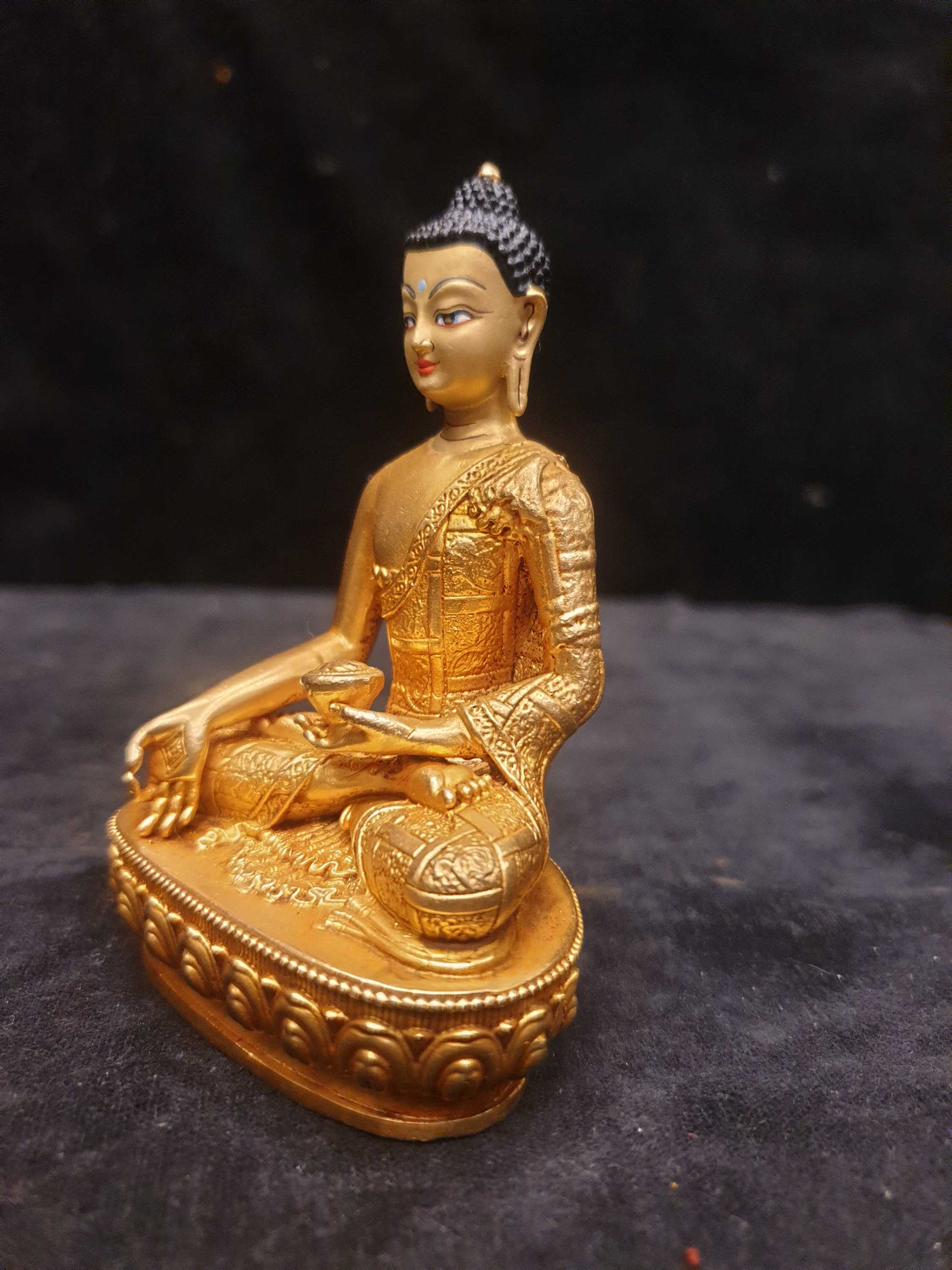
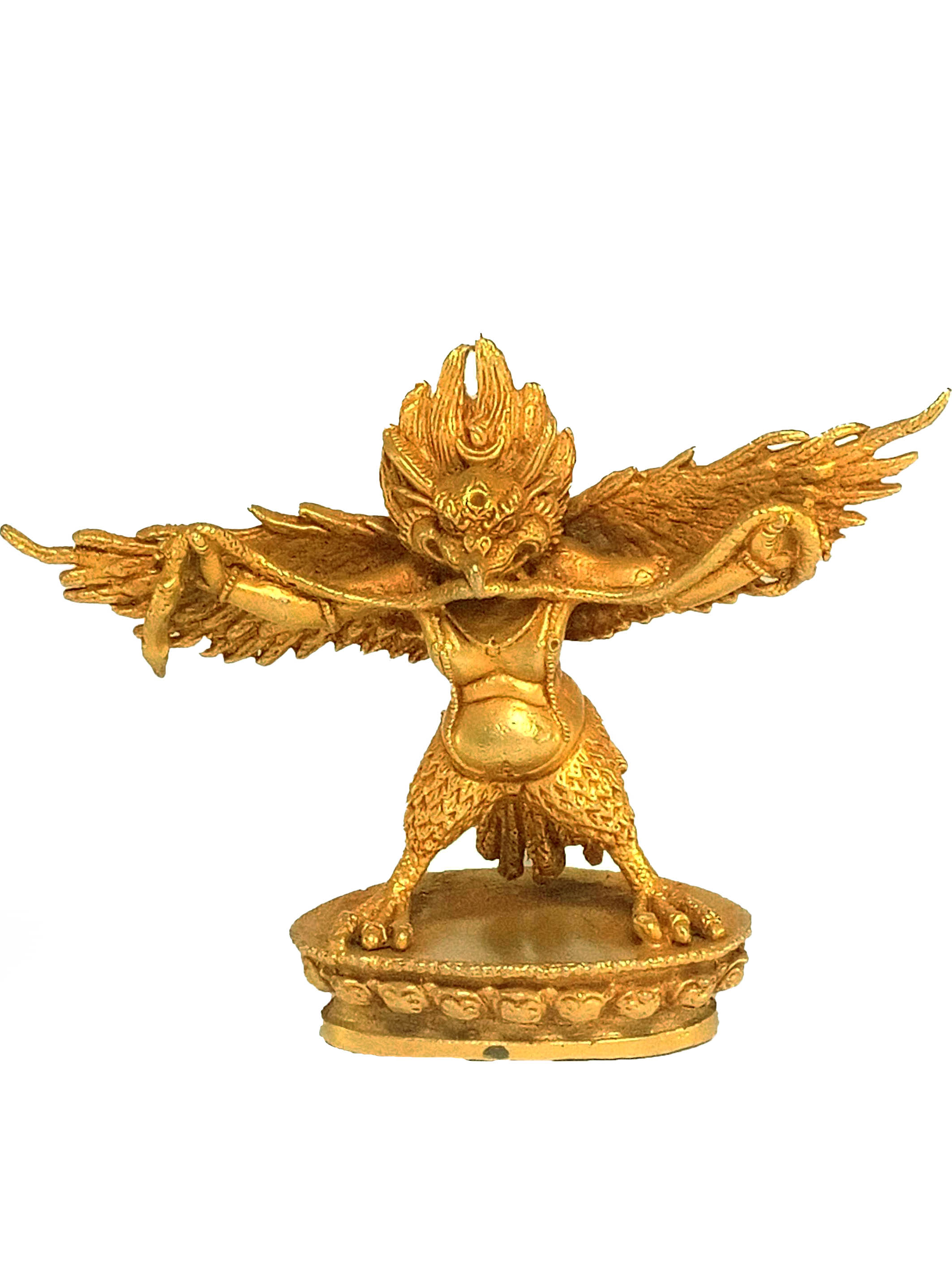 of Garuda,
of Garuda, 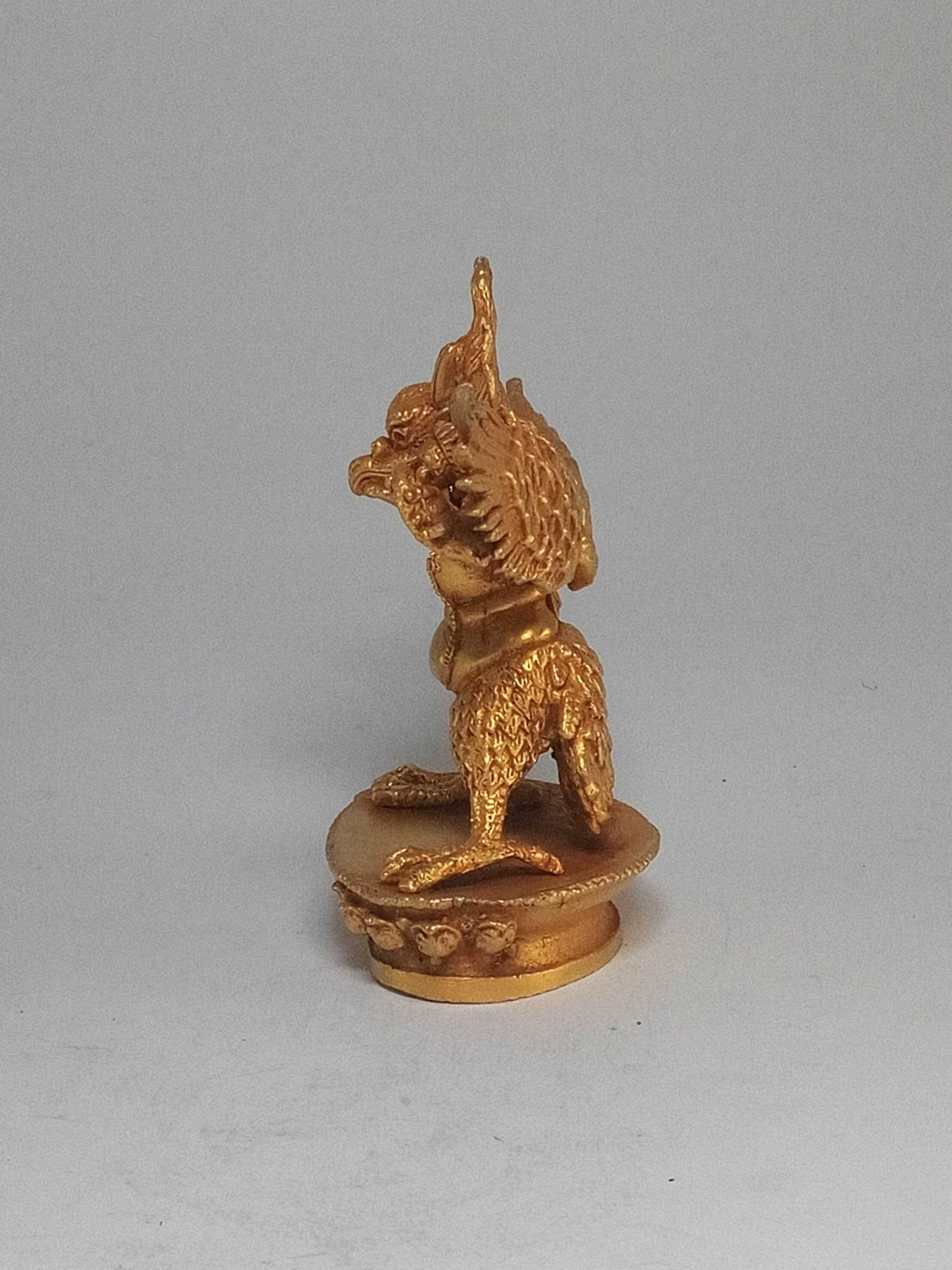 of Garuda,
of Garuda,  of White Tara,
of White Tara, 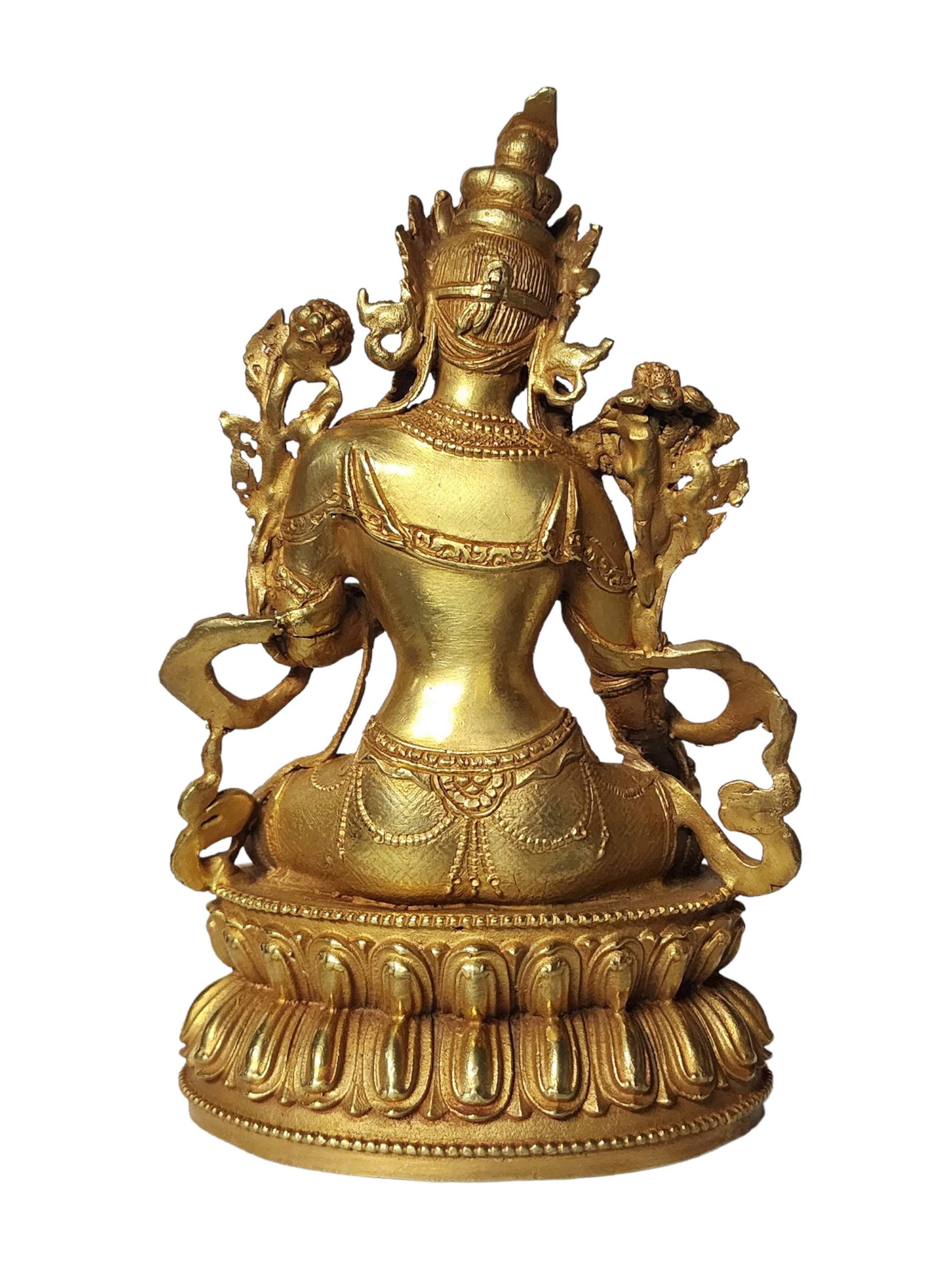 of White Tara,
of White Tara,  of Yellow Jambhala,
of Yellow Jambhala, 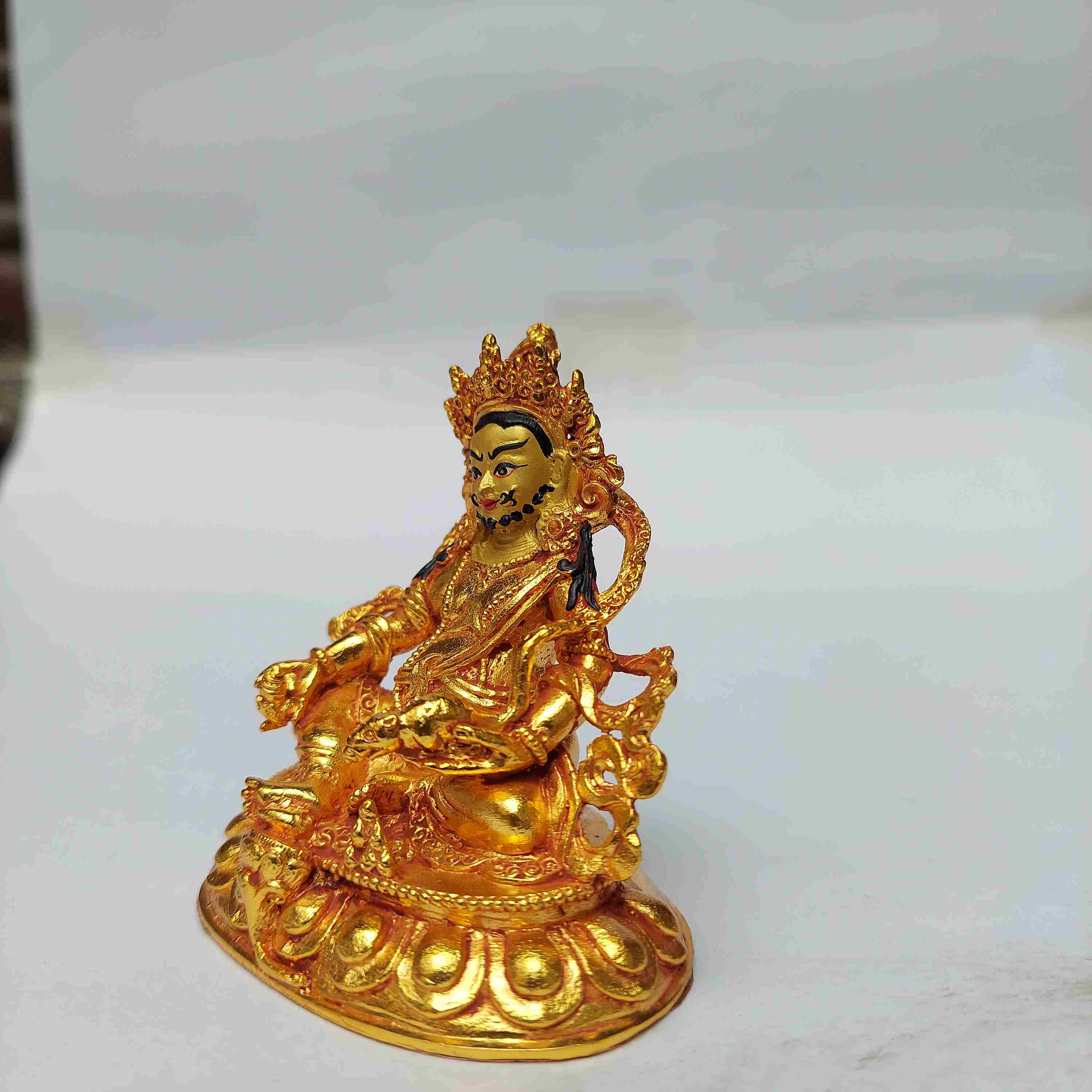 of Yellow Jambhala,
of Yellow Jambhala, 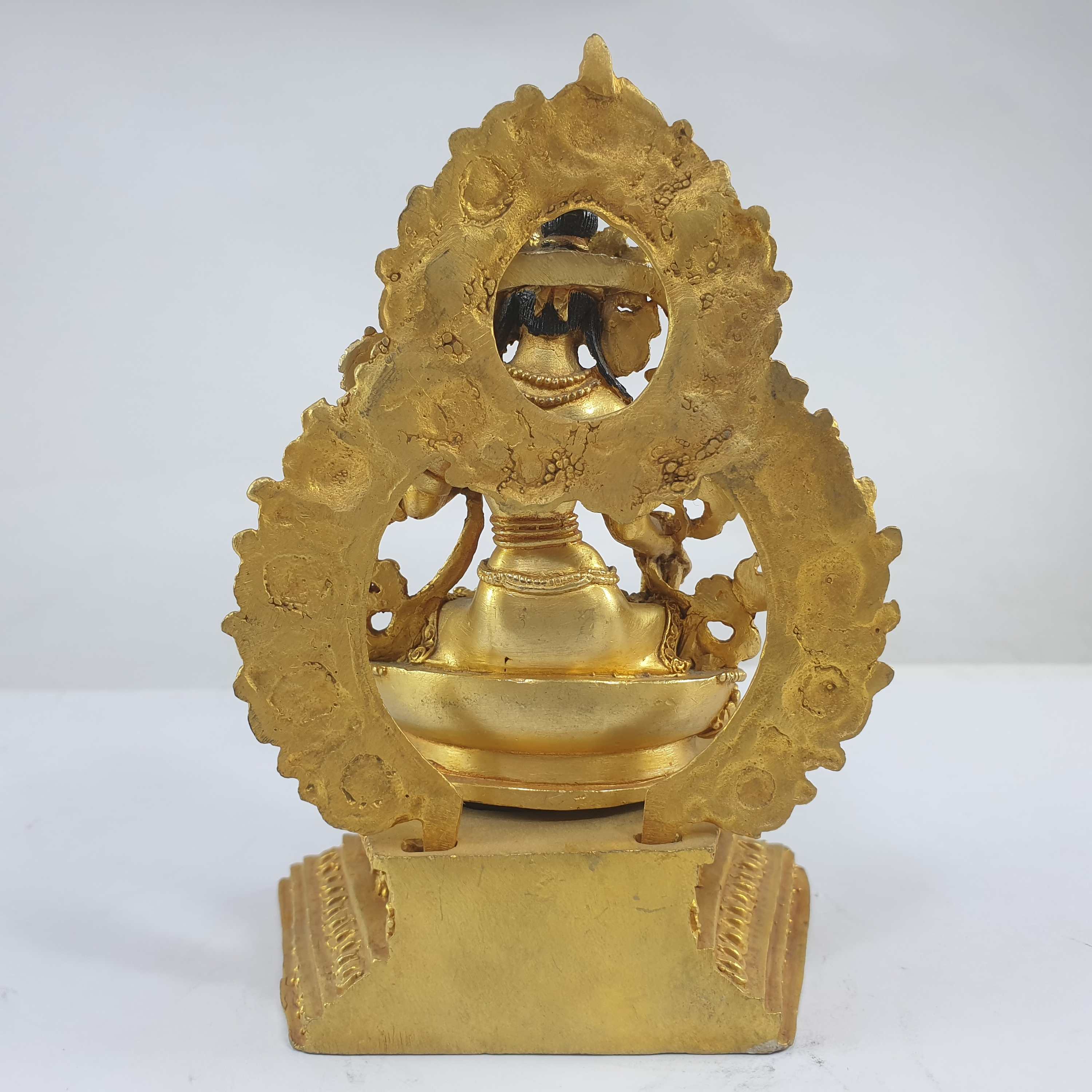 of White Tara On A Thrown
of White Tara On A Thrown 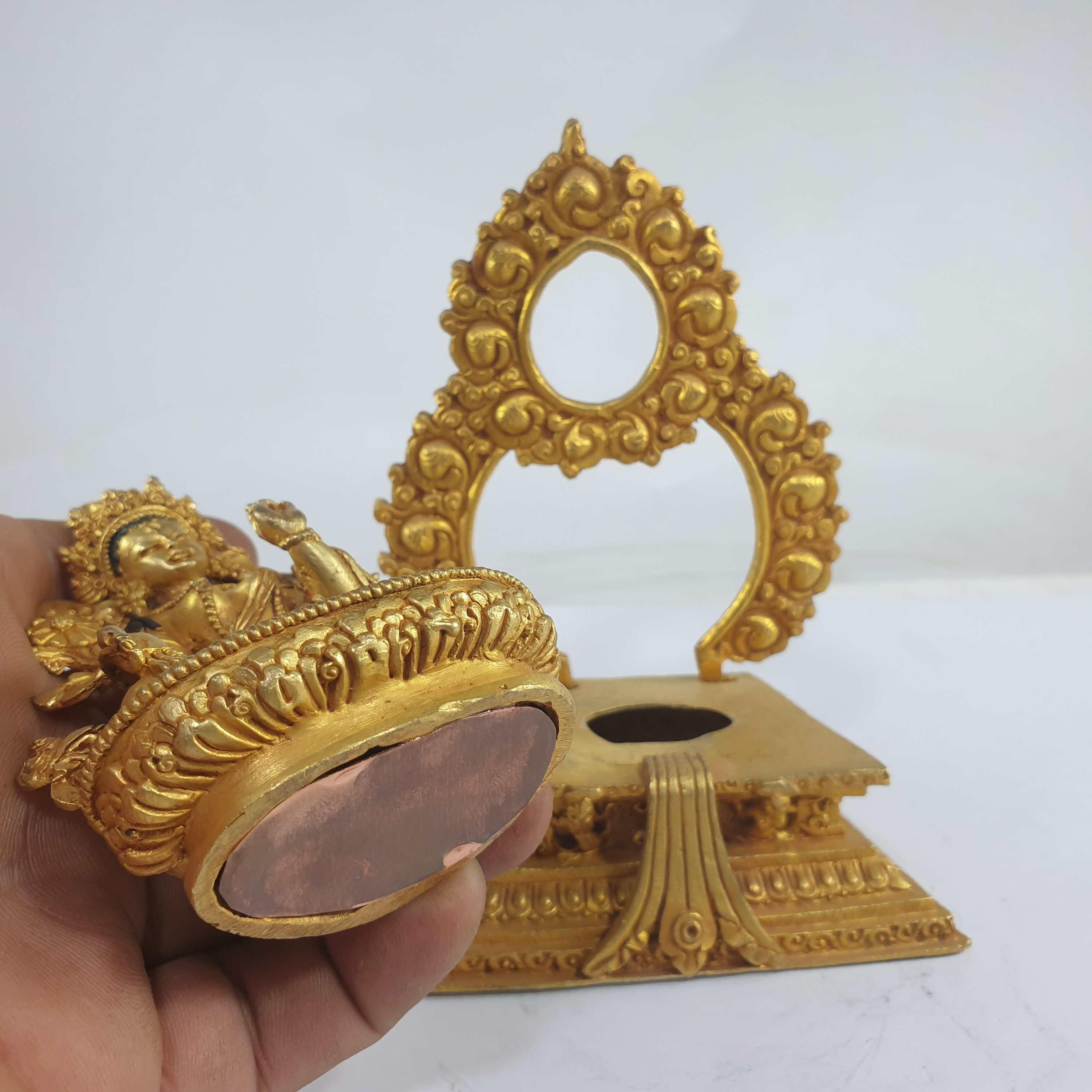 of White Tara On A Thrown
of White Tara On A Thrown  Green Tara, Buddhist Miniature Statue
Green Tara, Buddhist Miniature Statue Green Tara, Buddhist Miniature Statue
Green Tara, Buddhist Miniature Statue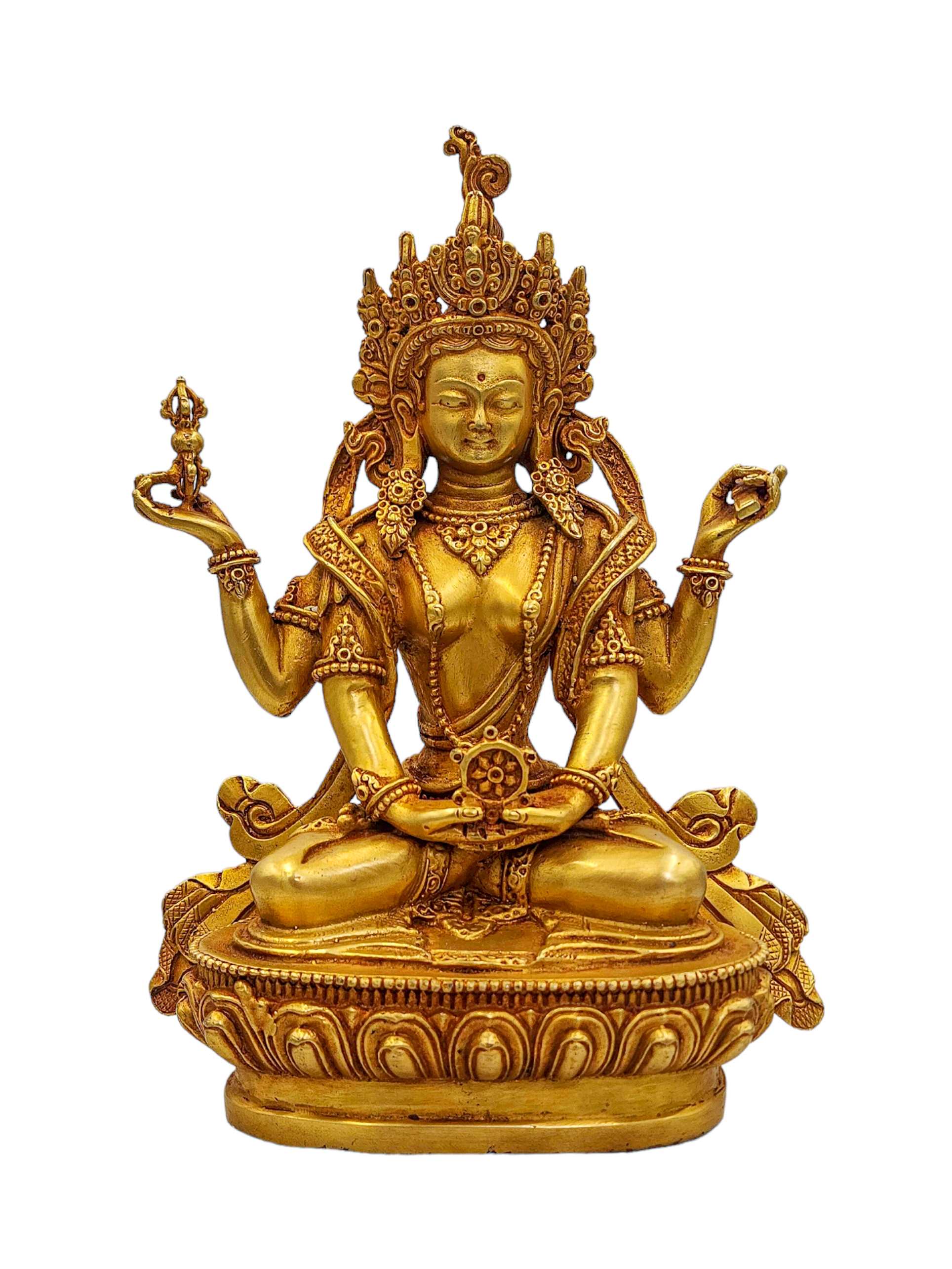 Prajnaparamita, Buddhist Handmade Statue,
Prajnaparamita, Buddhist Handmade Statue, 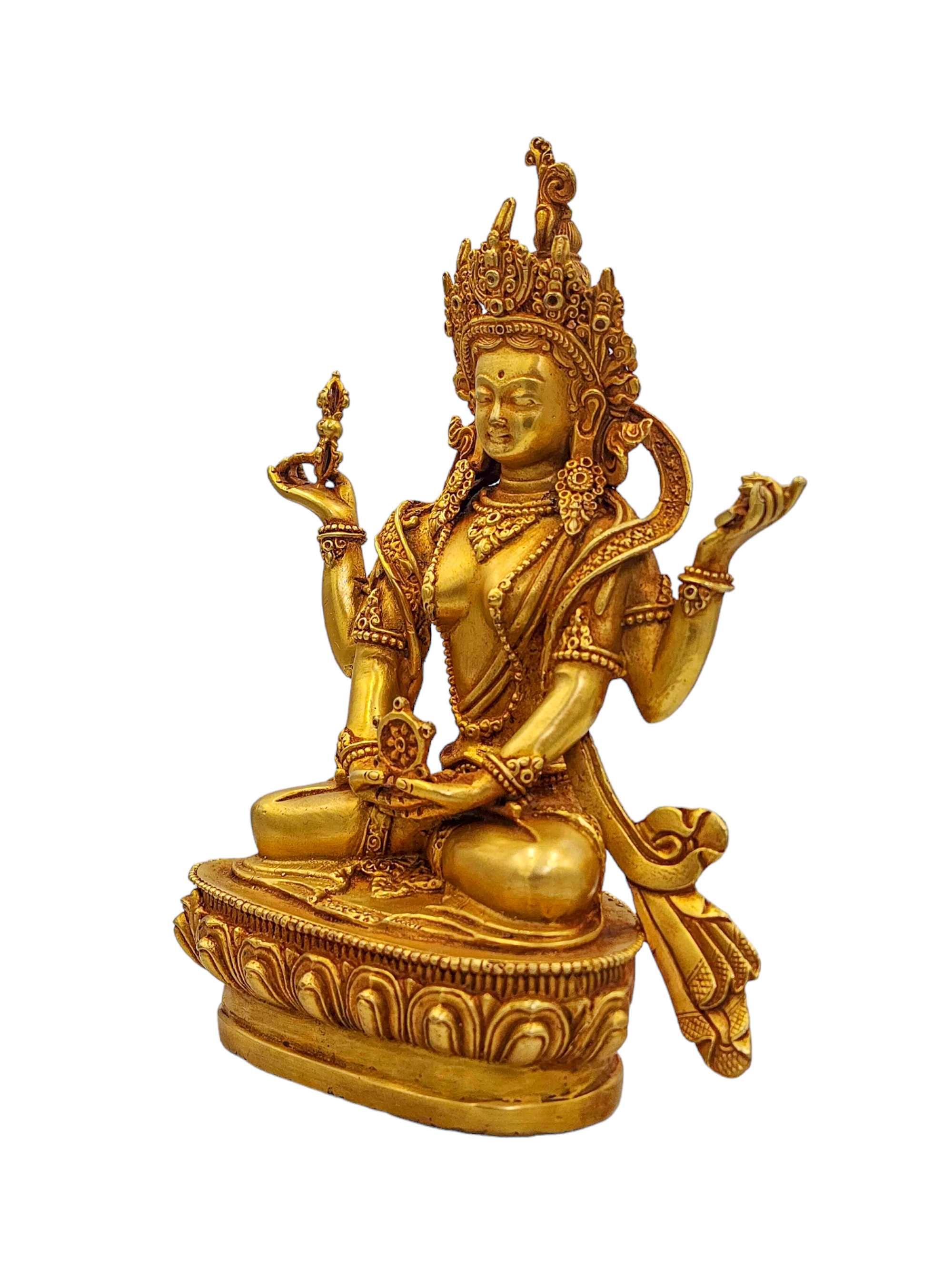 Prajnaparamita, Buddhist Handmade Statue,
Prajnaparamita, Buddhist Handmade Statue,  of Green Tara,
of Green Tara, 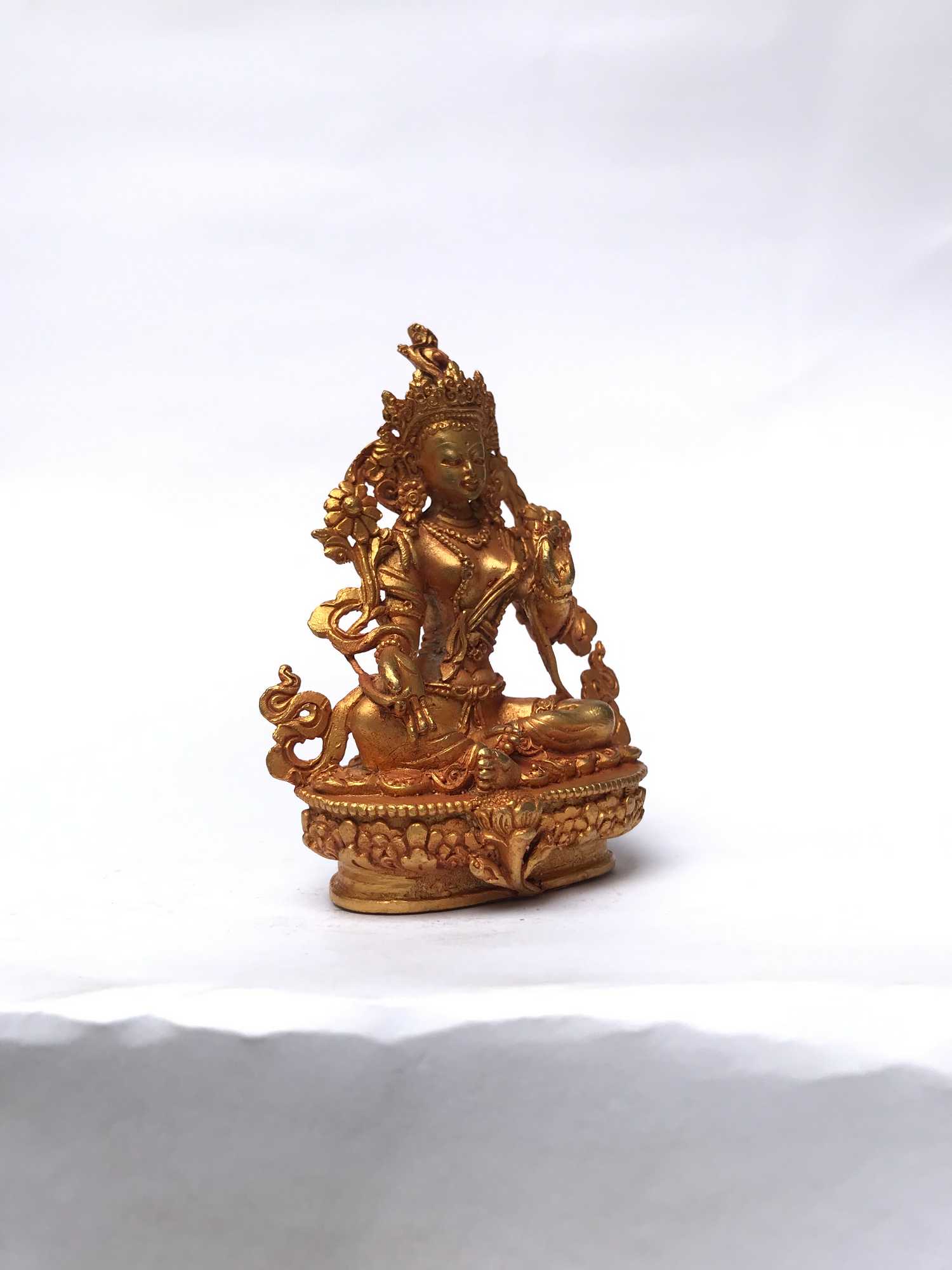 of Green Tara,
of Green Tara, 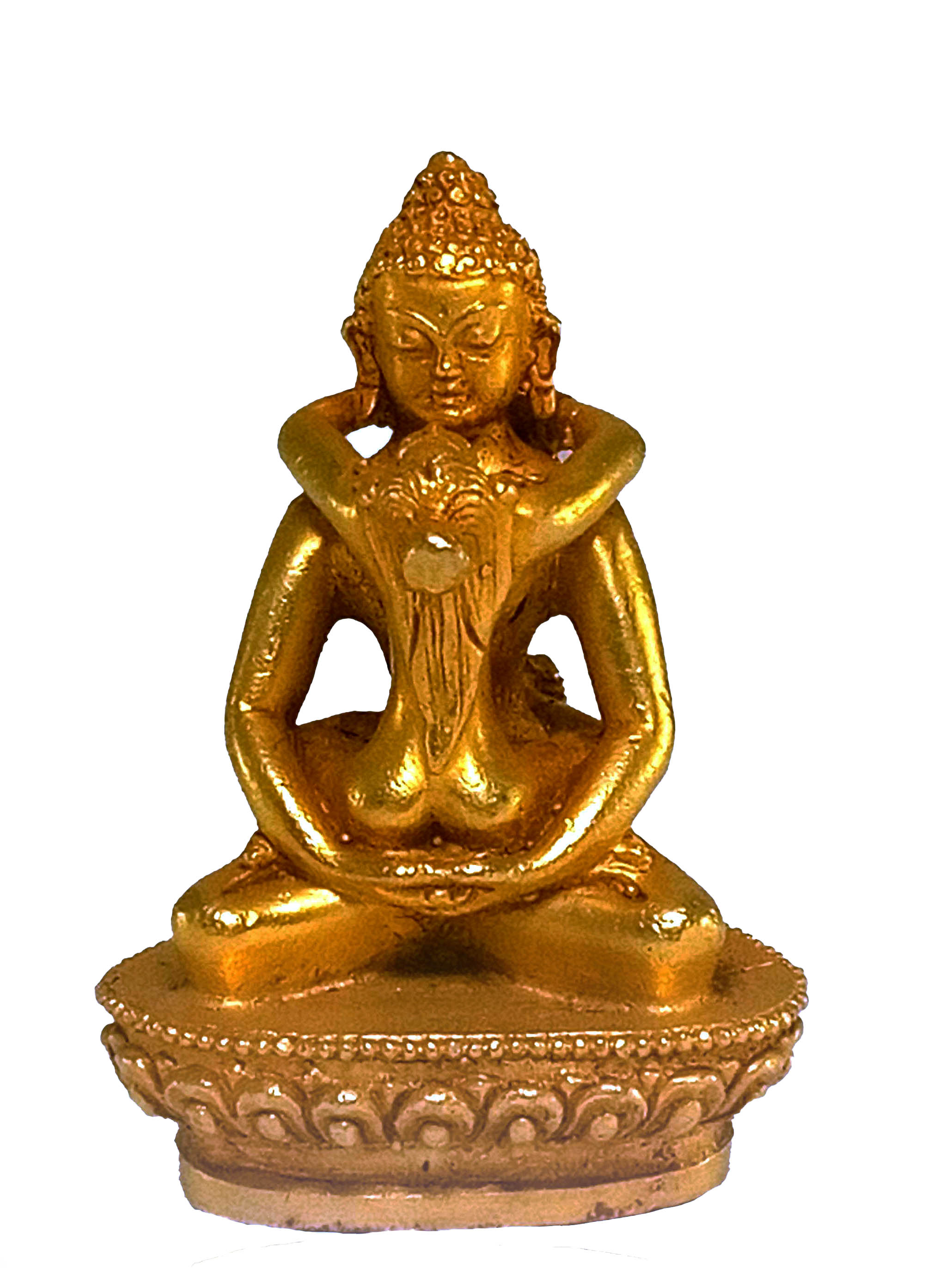 of Samantabhadra,
of Samantabhadra, 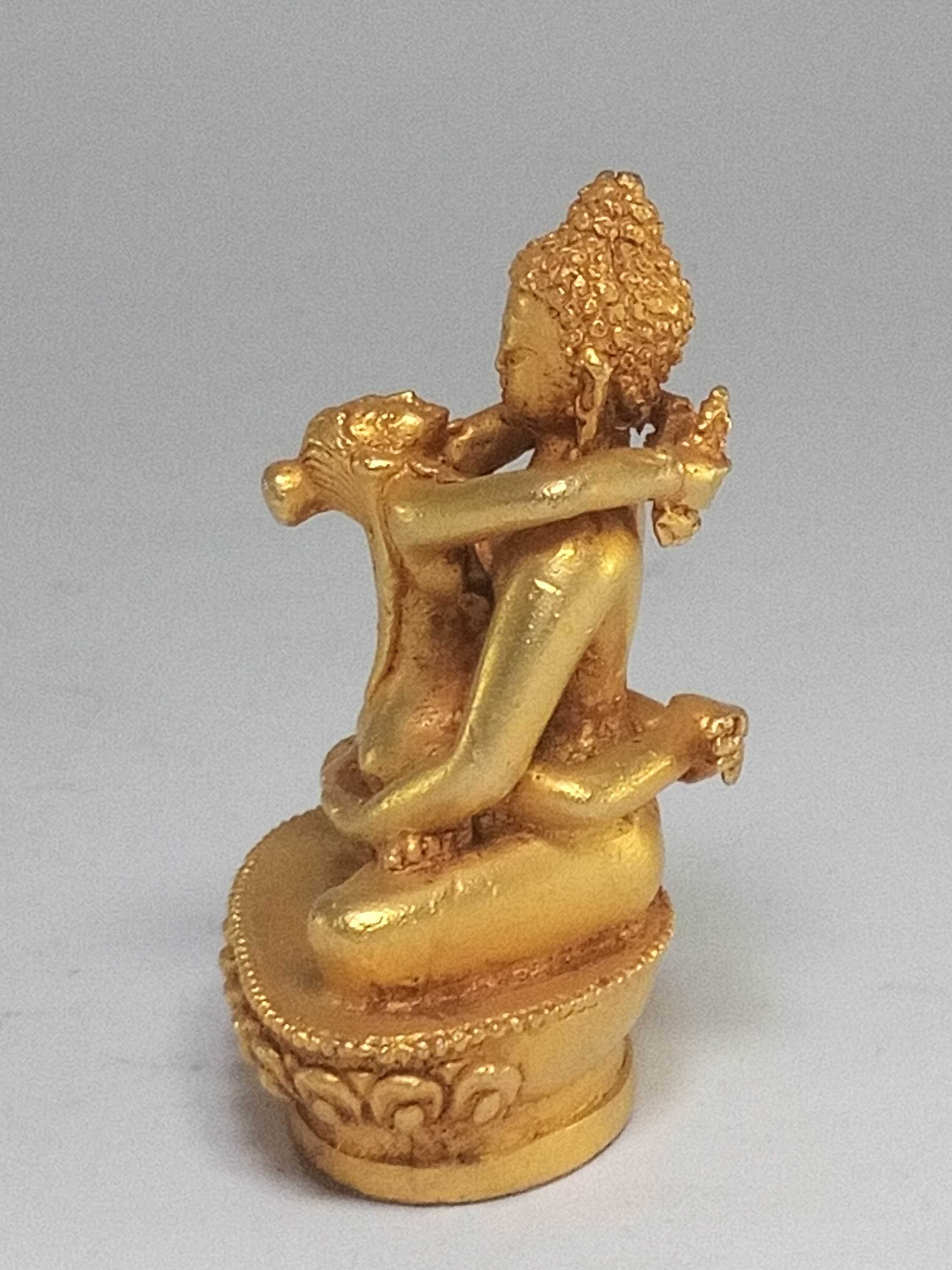 of Samantabhadra,
of Samantabhadra,  of Shakyamuni Buddha
of Shakyamuni Buddha 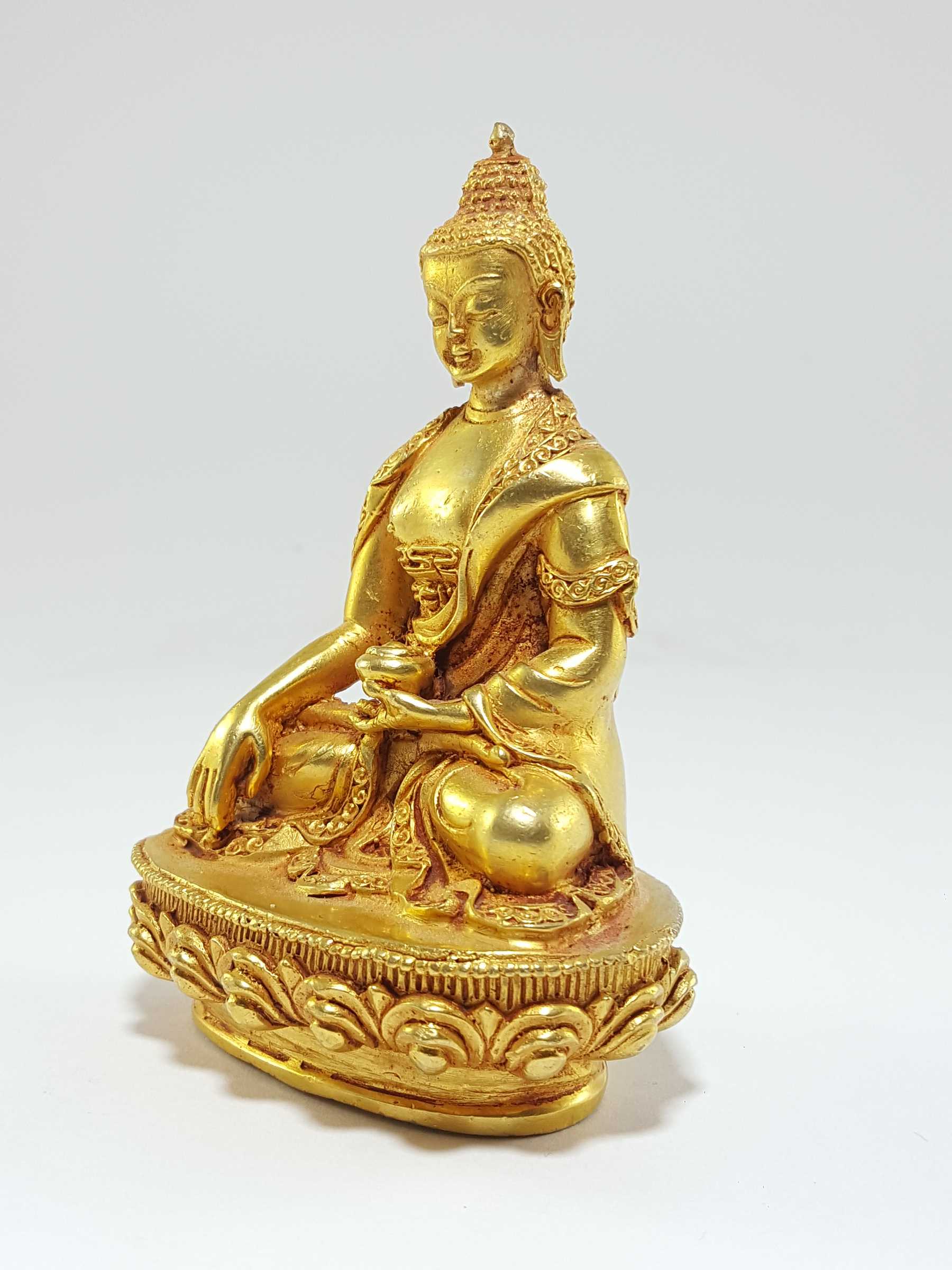 of Shakyamuni Buddha
of Shakyamuni Buddha 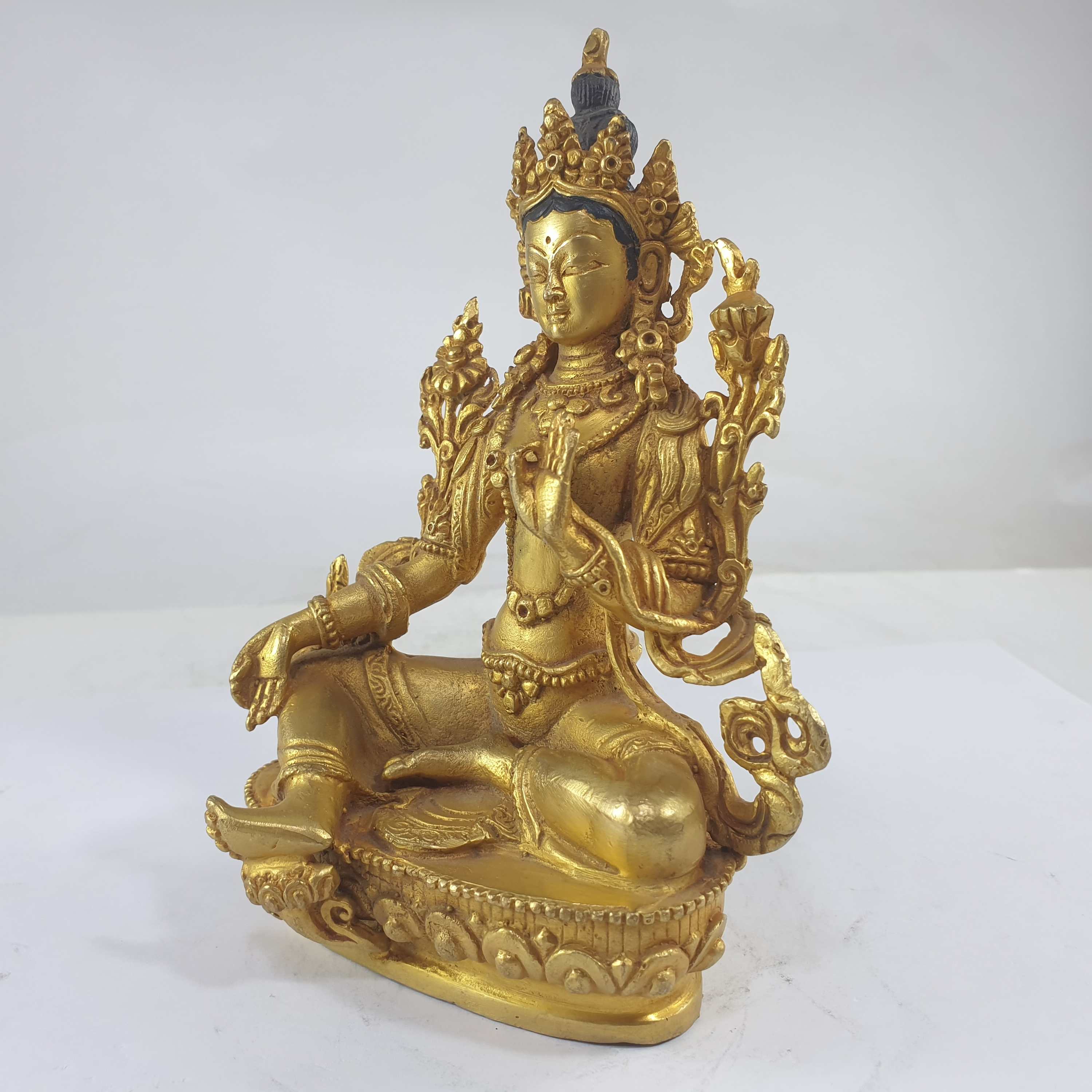 of Green Tara
of Green Tara 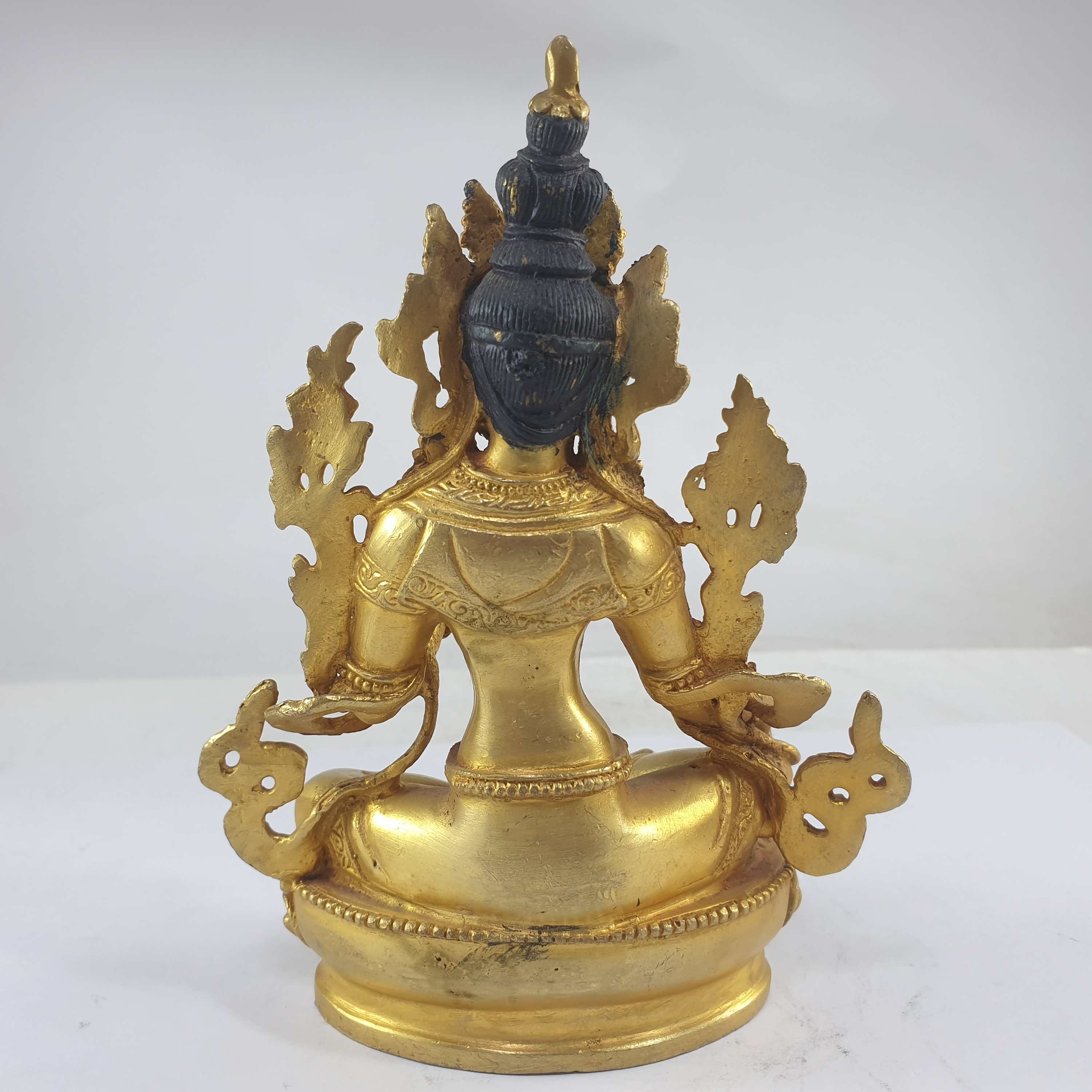 of Green Tara
of Green Tara